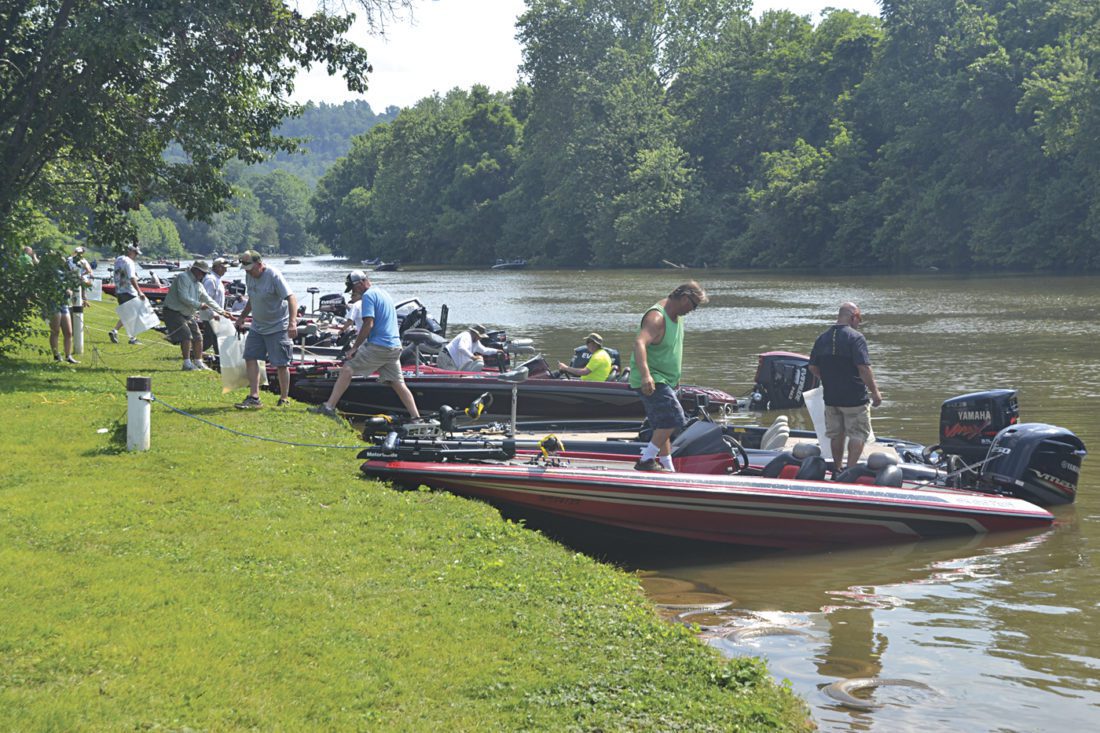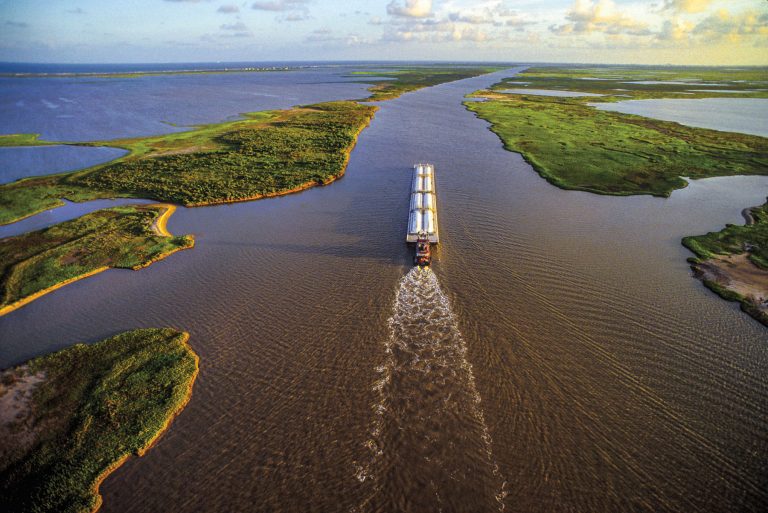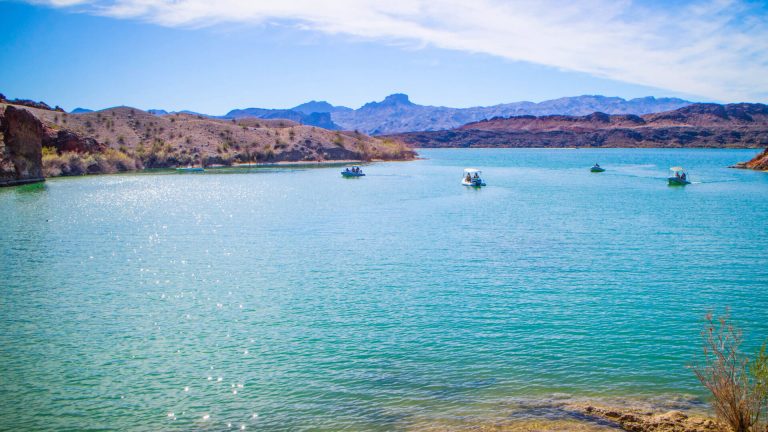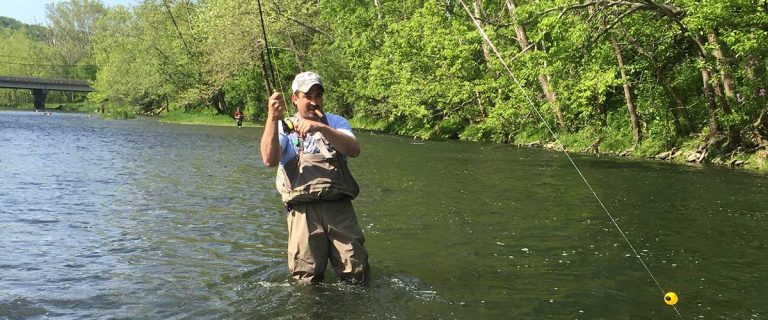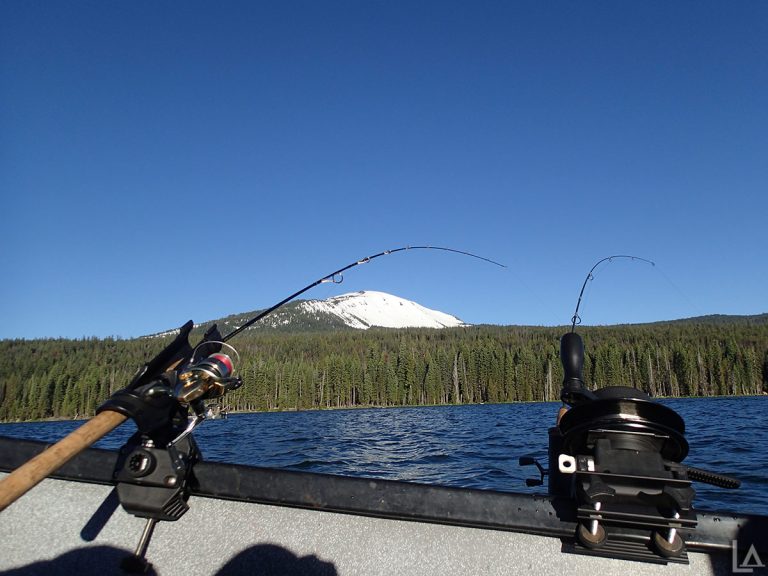Fishing is a cherished pastime for many residents of Indiana, providing not only recreational opportunities but also critical funding for the state’s conservation efforts. The revenue generated from fishing licenses is essential for the Indiana Department of Natural Resources (DNR), which oversees the management and protection of aquatic resources. This article explores the changes in Indiana fishing license fees over time, the reasons behind these adjustments, and their implications for conservation and the fishing community.
Understanding the Importance of Fishing Licenses
Fishing licenses serve as more than just permits; they are vital for funding conservation initiatives that ensure the sustainability of fish populations and aquatic habitats. The fees collected from fishing licenses support various programs aimed at maintaining healthy ecosystems, which benefit both anglers and the environment.
How Fishing License Fees Support Conservation
The revenue generated from fishing licenses in Indiana is allocated to several key conservation efforts:
- Habitat Restoration: Funding is directed toward restoring and enhancing aquatic habitats, which are crucial for sustaining fish populations.
- Fish Stocking Programs: Regular stocking of lakes and rivers ensures that there are ample opportunities for anglers, promoting both recreational fishing and ecological balance.
- Research Initiatives: The DNR conducts research on fish populations, habitats, and environmental factors affecting aquatic life. This research informs management practices and policy decisions.
- Public Access Maintenance: Fees help maintain public access sites, boat ramps, and fishing piers, ensuring that all anglers have the facilities they need to enjoy fishing.
- Education and Outreach: Educational programs funded by license fees promote responsible fishing practices and conservation awareness among anglers.
Historical Overview of Fishing License Fees in Indiana
Fishing license fees in Indiana have evolved significantly over the years. Understanding the historical context of these changes provides insight into the current fee structure and the rationale behind recent adjustments.
Early Years and Initial Costs
Fishing licenses were first introduced in Indiana in the early 1900s, with fees set at a nominal amount. Over the decades, as inflation and increased costs of conservation efforts took hold, these fees were adjusted periodically.
Major Changes Over the Decades
- 2006 Fee Structure: The last significant increase prior to 2022 occurred in 2006, when fees were raised to reflect the growing costs associated with conservation efforts.
- 2022 Fee Increases: After 16 years without an increase, the DNR announced fee adjustments in 2022. This change was essential to address the diminishing buying power of the 2006 fees due to inflation and rising operational costs.
Recent Changes in Fishing License Fees
Effective for the 2022-2023 license year (April 1, 2022 – March 31, 2023), the following changes were made to Indiana fishing license fees:
Fee Changes for Residents
| License Type | Previous Fee | New Fee |
|---|---|---|
| Annual Fishing License | $17 | $23 |
| Senior Annual Fishing License (65+) | $3 | $3 |
| Senior Fish for Life License (65+) | $17 | $23 |
Youth under 18 can still fish without a license, making it easy for families to enjoy the outdoors together.
Non-Resident Fishing License Fee Adjustments
Non-residents visiting Indiana also experienced fishing license fee changes in 2022:
| License Type | Previous Fee | New Fee |
|---|---|---|
| Annual Fishing License | $35 | $60 |
| 7-Day Fishing License | $20 | $35 |
| 1-Day Fishing License (with trout/salmon stamp) | $9 | $15 |
These adjustments align Indiana’s non-resident license fees more closely with those of neighboring states, ensuring that visitors contribute their fair share to conservation while maintaining Indiana’s appeal as a fishing destination.
Special Licenses and Exemptions
Indiana offers several special licenses and exemptions to keep fishing accessible for all:
- Youth Licenses: Reduced-cost or free options for anglers under 18.
- Senior Licenses: Discounted fees for anglers 64 and older, including a lifetime license option.
- Disabled American Veteran (DAV) Licenses: Reduced-cost licenses for disabled veterans.
- Landowner Exemptions: Indiana landowners and their families can fish on their property without a license.
The Role of Fishing License Fees in Conservation
Fishing license sales are vital for funding Indiana’s aquatic conservation efforts. The following initiatives are directly supported by these fees:
- Habitat Restoration and Protection: Ensuring that fish populations have suitable environments to thrive.
- Fish Stocking Programs: Providing ample opportunities for anglers by maintaining healthy fish populations in public waters.
- Research Initiatives: Conducting studies on fish populations, habitats, and environmental factors that impact aquatic ecosystems.
- Educational Programs: Promoting responsible fishing practices and conservation awareness among the public.
- Maintenance of Public Access Sites: Ensuring that facilities such as boat ramps and fishing piers are well-maintained and accessible.
By purchasing a fishing license, anglers directly contribute to the long-term health of Indiana’s fisheries and help preserve fishing opportunities for future generations.
Convenient Ways to Purchase an Indiana Fishing License
Anglers have two easy options for buying an Indiana fishing license:
- Online: Visit the Indiana DNR Fish & Wildlife Online License System to purchase a license 24/7 and print it at home.
- In Person: Buy a license at authorized retailers like bait shops, sporting goods stores, and DNR offices.
Important Note: Fishing licenses are valid from April 1 through March 31 of the following year, regardless of when they are purchased.
The Importance of Fishing License Fees
Fishing license fees play a critical role in conserving Indiana’s aquatic resources. By purchasing a fishing license, anglers are not only gaining access to a wide range of fishing opportunities but also investing in the health of the state’s natural resources.
Engaging with the Angling Community
We encourage all anglers to stay informed about fishing regulations, engage with the angling community, and introduce new participants to the joys of fishing. Together, we can ensure Indiana’s fishing heritage thrives for generations to come.
Conclusion
The changes to Indiana fishing license fees reflect the growing needs of conservation efforts and the importance of maintaining healthy aquatic ecosystems. By understanding the history and rationale behind these fee adjustments, anglers can appreciate their role in supporting vital conservation initiatives.
For more information on Indiana fishing licenses, regulations, and conservation efforts, visit the Indiana Department of Natural Resources website or contact your local DNR office. By purchasing a fishing license, you are contributing to the preservation of Indiana’s natural resources and ensuring that future generations can enjoy the beauty and bounty of the state’s waters.
Do I need a fishing license if I’m fishing on private property?
If you’re fishing on your own Indiana farmland, you and your immediate family members are exempt from needing a fishing license. However, a license is required for fishing on any other private or public waters in the state.
Are there any free fishing days in Indiana?
Yes, the DNR offers several free fishing days throughout the year when no license is required for Indiana residents or non-residents. These dates are typically announced in advance and can be found on the DNR website.
Can I use my fishing license from another state in Indiana?
No, a valid Indiana fishing license is required to fish in the state’s waters, even if you hold a license from another state.
How long is an Indiana fishing license valid?
Annual fishing licenses are valid for one year, from April 1 through March 31 of the following year. Some special licenses, such as the senior lifetime fishing license, have different validity periods.
Where can I find more information about Indiana fishing regulations and seasons?
The Indiana DNR website provides comprehensive information on fishing regulations, season dates, and other important details for anglers. You can also contact your local DNR office or authorized retailer for assistance.



